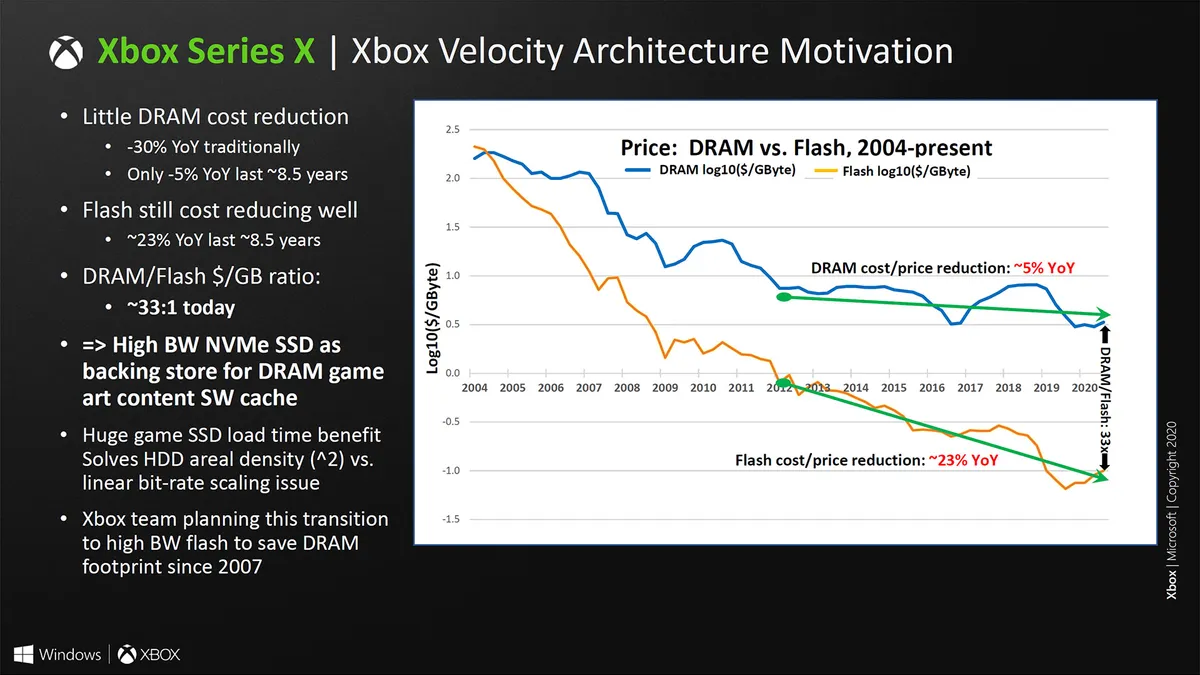I see these companies making mistakes and causing their own troubles rather than it all just them being victims of some greater market problem. Everybody seems to just blindly swallow this narrative that this is just 'how things are' without really looking at how much things would be different if these companies simply made better decisions(and/or games) to begin with.
I don't think anyone is blindly swallowing a narrative.
The games industry has had a ton of change starting with last generation.
1. Firstly, the market dynamics have rapidly changed and preferences have evolved dramatically towards Nintendo and Sony. No longer are people interested in Xbox properties, as they directly competed with the market of forever titles. And forever titles won out. When Call of Duty arrived, Halo was forever finished. Then it became battle royale, and it's just been an on-going change of games in that forever game space, that is where all the players are, that is where the industry is growing in terms of revenue, but at the same time, all the other titles aren't really getting a piece of that revenue. The big titles are just getting richer over time. All GaaS titles must be multiplatform to drive populations to stay forever, and that runs contradictory to why platforms make games exclusive to their own hardware.
2. Technological advancements have slowed dramatically and the cost point has risen exponentially. The rate of change from graphics generation to generation is less, and the cost point higher. Once again, see point 1 as to why a developer won't target the highest end spec, the largest population of gamers are playing games that are 10 years or older. I don't want to get into the fact that the latest generation of gamers are completely happy playing with block based characters.
3. MS lost the war against Sony in the XBO era. In particular they lost during a time in which digital lock in became a thing for consoles. Digital lock-in is so powerful that steam will likely be the undisputed digital platform for games, forever on PC, look at the billions spent by Epic to try to penetrate into that market. No luck. So once the winners are declared what should the losers do, I'm sure if the answer was so simple, they would love to hear from you.
4. Everything costs a hell of a lot more to make and produce, and that's for all industries and especially now for AAA titles. If you make AAA titles, you expect AAA returns, but what game developers are finding repeatedly is that these forever titles cost significantly less to make, and drive significantly more revenue and worse of all, they have a gravity that draws all new players as well. We lack a proper discovery mechanism in which to drive players away from forever titles to new titles as the cost point is too high versus the _free_ price point of these forever titles. The platform holders, including Sony are all struggling to reposition themselves with these changes, otherwise why would Sony fight so hard to stop Xbox from owning CoD and WoW and Overwatch? In a pair of acquisitions they are now owners of some of the largest forever franchises.
5. Referring back to point 4, what is the point of spending all this money making niche games if they can't find new gamers to play them? You cannot forever target 40 to 50 year old gamers, eventually they will stop gaming, what will you do then. The games of the today's youth are not the same games we liked to play as children. And businesses do not have the same lifespan as people. Businesses must continually adapt to changing preferences as the 'first major gaming generation' will be exiting the market, while the next generation of gamers who grew up playing on mobile devices and f2p titles are moving in. They aren't used to paying $80 per title. They are used to subscription services. They are used to playing games with user generated content. They are used to multiplatform experiences and in-game purchases. All the things that the oldest generation of gamers loathe.
***
I think I'm just touching on some major changes in the industry, but I think it's quite reductive to just say companies are causing their own troubles here. They are trying to adapt to a changing market. I think the difference between Sony and MS is that MS gave up on the older generation of gamers somewhere during the XBO era while Sony doubled down on them. Sony owns the majority of the older gamer console market today, and the 5Pro and all that is just more pandering for that audience, but I think Sony now has its sights on trying to capture the younger generation of gamers and failing just as spectacularly as everyone else is.
No platform holder today, has a strategy to dethrone F2P forever titles. Certainly Nintendo is the closest here, but they literally moved into the mobile space to do it. And among all large AAA studios who aren't in ownership of a forever title, many are failing to find the revenue to keep their business afloat. See Ubisoft for instance, their only saving grace is R6 Siege, and all their other titles are barely profitable if profitable at all.
From my POV, I don't see how you can just say these companies are causing their own mistakes, they were there back in the day making the games that people loved and riding a huge wave of success and profits. They knew how to accomplish that, and I don't think saying that they need to go back to those days will suddenly make it work for them. Because clearly that's false, as only a handful of franchises can rinse and repeat annually, while keeping their audiences satisfied. For everyone else that cannot, they are struggling to create the innovation or find the audiences to play their games.

